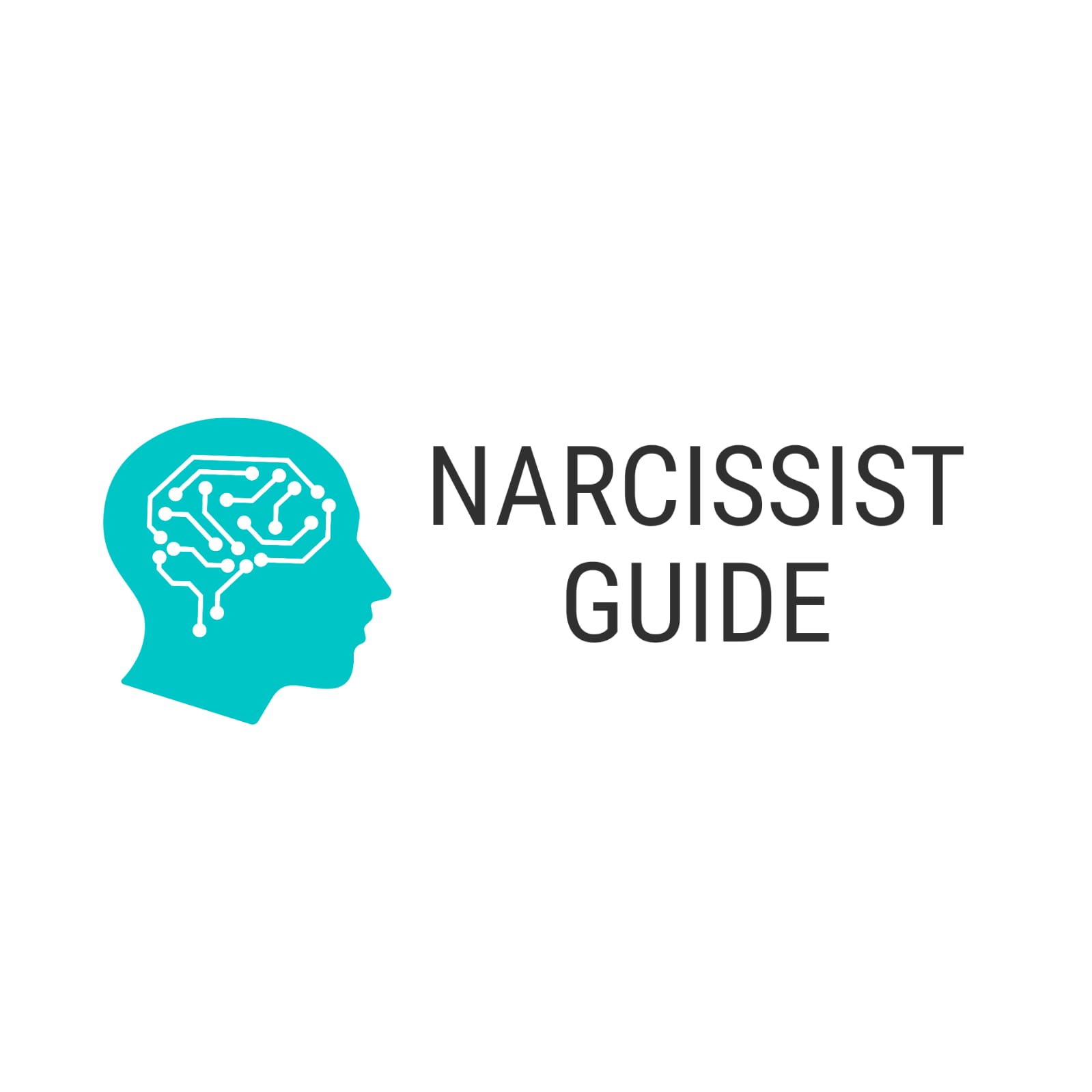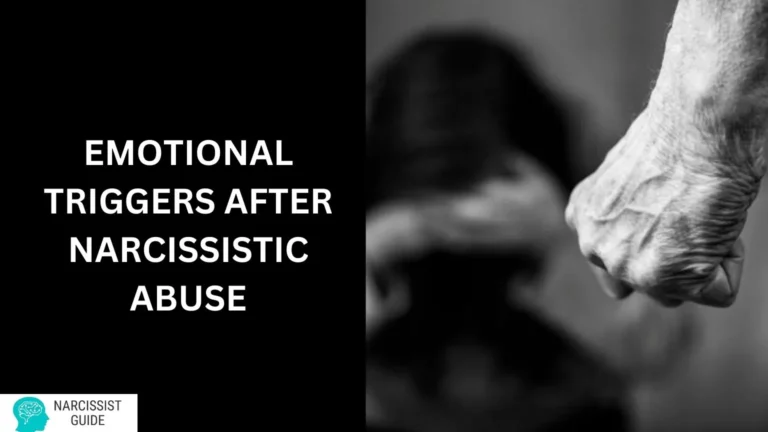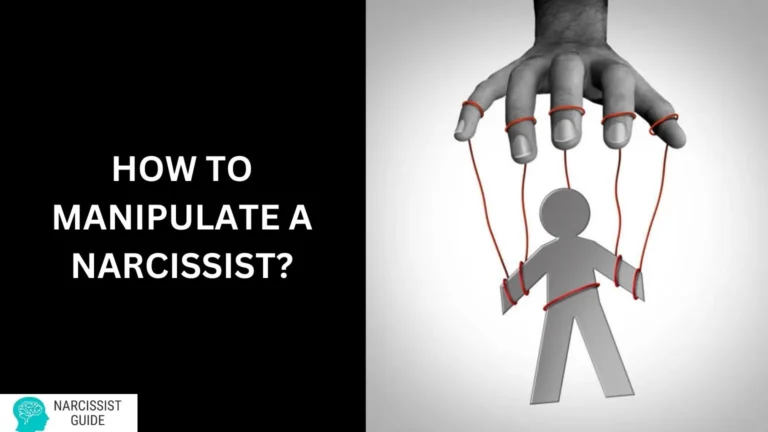Narcissist Cheating Patterns: 3 Best Signs and Insights
Cheating can be a complex and painful experience, especially when it involves a narcissist. Narcissists have specific patterns of behavior that can make their cheating not only more likely but also more challenging to understand.
In this article, we’ll explore narcissist cheating patterns, their psychological underpinnings, and how to recognize the signs.

What Are Narcissistic Traits?
To understand narcissist cheating patterns, we first need to grasp what narcissism entails. Narcissism is characterized by:
- Grandiosity: A sense of superiority and entitlement.
- Lack of Empathy: Difficulty recognizing or caring about the feelings of others.
- Need for Admiration: Seeking constant validation from others.
- Manipulative Behavior: Using charm or deceit to get what they want.
These traits can significantly influence how a narcissist behaves in relationships, including their likelihood of cheating.
Common Narcissist Cheating Patterns
Narcissists often exhibit distinct patterns when it comes to infidelity. Here are some common behaviors to watch for:
1. Justification of Their Actions
Narcissists may rationalize their cheating by convincing themselves that they are entitled to it. They might say things like, “I deserve to be happy,” or “You don’t understand me,” to validate their actions.
2. Lack of Remorse
After cheating, a narcissist often displays little to no guilt or remorse. They may focus on how the situation affects them rather than the pain they caused their partner. This emotional detachment can be bewildering for those who value empathy in relationships.
3. Gaslighting
Narcissists are known for their gaslighting tactics. They may downplay their infidelity or even accuse their partner of being paranoid or overly sensitive. This manipulation can leave partners questioning their reality and feelings.
4. Repetitive Cycles of Cheating
A narcissist may cheat repeatedly, often with a pattern. They might have a “type” they go after, or they may cheat during certain stages of the relationship, such as when they feel insecure or unappreciated.
5. Love Bombing and Devaluation
After cheating, a narcissist might engage in love bombing—showering their partner with affection to regain their trust. However, this is often short-lived, and they may quickly revert to devaluing their partner again, creating a toxic cycle.
Signs You’re Dealing with a Narcissist
Recognizing a narcissist can be crucial in understanding their cheating patterns. Here are some signs:
1. Constant Need for Attention
If your partner constantly seeks validation and attention, it could indicate narcissistic tendencies. This need often translates into unfaithfulness, as they may seek affirmation from others.
2. Exaggerated Sense of Self-Importance
Narcissists often believe they are superior and may feel entitled to cheat without considering the consequences for their partner.
3. Manipulative Behavior
If your partner frequently manipulates situations to their advantage, it may be a sign of narcissism. This manipulation can extend to their relationships, making infidelity more likely.
Healing and Moving On
If you’ve discovered that you’re dealing with a narcissist who has cheated, healing can be challenging but essential. Here are some steps to consider:
1. Seek Professional Help
Consider talking to a therapist who understands narcissism and its impact on relationships. They can provide valuable insights and coping strategies.
2. Establish Boundaries
It’s vital to set clear boundaries to protect yourself from further emotional harm. Be firm in your decisions about what behaviors you will tolerate.
3. Focus on Self-Care
Prioritize your well-being. Engage in activities that make you happy and help you rebuild your self-esteem after a traumatic experience.
4. Educate Yourself
Understanding narcissism can empower you. Read books or attend workshops to gain insights into narcissistic behavior and how to deal with it effectively.
People also ask
How does a narcissist cheat?
A narcissist cheats by constantly seeking validation and excitement outside the relationship, often feeling entitled to it.
They’ll manipulate or gaslight their partner to hide the cheating, shifting blame and denying any wrongdoing.
If caught, they might love-bomb to regain control, creating a cycle of deceit and manipulation.
What happens when you confront a narcissist about cheating?
When you confront a narcissist about cheating, they often react defensively or aggressively.
They may deny the infidelity, shift blame onto you, or manipulate the conversation to make you feel guilty.
Instead of taking responsibility, they might resort to gaslighting, making you doubt your perceptions.
In some cases, they may resort to love-bombing to regain your trust, but this is usually a temporary tactic.
Overall, confronting a narcissist can lead to more emotional turmoil and confusion rather than resolution.
Does a narcissist ever stop cheating?
A narcissist rarely stops cheating on their own, as their need for validation and excitement often drives their behavior.
They may temporarily change if they face severe consequences or seek therapy, but lasting change is uncommon without a deep commitment to self-awareness and personal growth.
Even if they appear to be faithful, their underlying patterns and tendencies may still lead them to cheat again in the future.
Conclusion
Recognizing narcissist cheating patterns can be a crucial step in understanding the dynamics of your relationship.
By being aware of these behaviors and seeking support, you can navigate the complexities of being with a narcissist and take steps toward healing.
Remember, you deserve a relationship based on trust, respect, and mutual empathy. If you find yourself in a situation where a partner exhibits these traits, prioritize your well-being and seek the support you need.

I’m Dr. James, and I’m glad you’re here. With years of experience in understanding and addressing the complexities of narcissistic behavior, I’ve dedicated my career to helping individuals navigate the challenging dynamics that come with narcissism, whether it’s in personal relationships, workplaces, or family settings.






